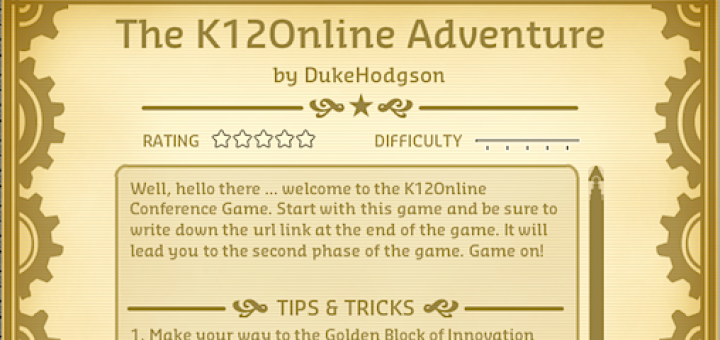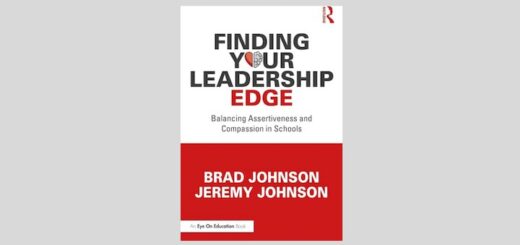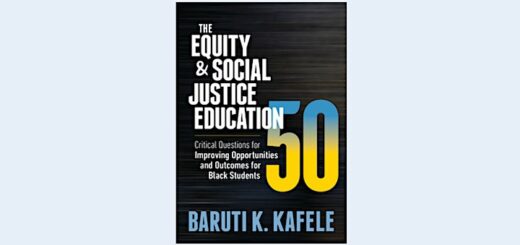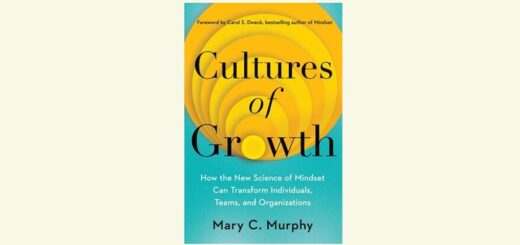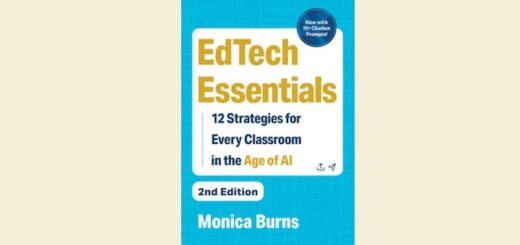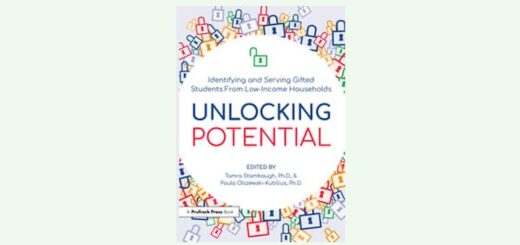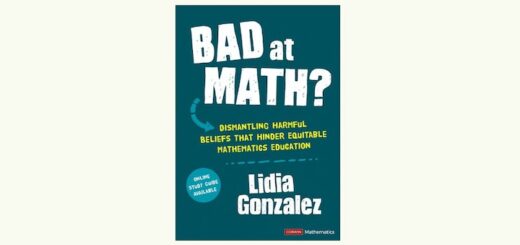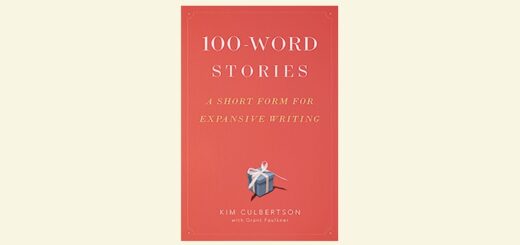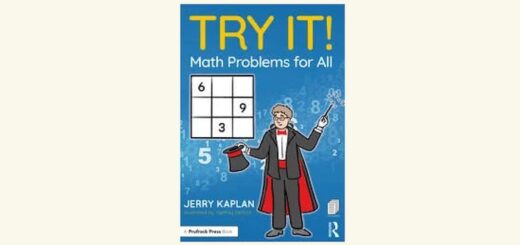Teaching and learning in grades 4-8
Last year Jody Passanisi concluded that her go-to lesson on types of government no longer gripped students’ attention. Here she evaluates the successes and challenges of a redesign: lots more student ownership, but is there enough understanding at the end?
When teachers ask all the questions and then rush to supply the answers, “the result is a cognitive disconnect,” says author Nanci Werner-Burke. Stop usurping the “right to wonder” by teaching students to ask deep, Bloom’s-friendly questions of their own.
This large collection by educators covers important ground, says classroom tech leader Kevin Hodgson. Discussions of how technology impacts our writing and reading, media literacy principles, and social justice are “important and well worth the time.”
Karen Bromley guides educators to “The Next Step in Vocabulary Instruction” by uncovering the “why” of teaching vocabulary and its role in comprehension and fluency. Reviewer Linda Biondi highly recommends the book’s extensive strategies and activities.
Elizabeth Stein’s five-step checklist for teachers can help students who learn differently achieve their personal best in today’s Common Core classrooms. Accommodations should bridge gaps and remove barriers but preserve as much independence as possible.
Teachers who begin lessons without telling students “what we’re doing and where we’re going” are kidnappers, says Sarah Tantillo. Don’t take your middle graders on a mystery ride. Use the RPM strategy to write rigorous, purposeful, measurable objectives in any subject. Cheatsheet included!
Afterschool programs are key to promoting STEM learning among diverse students, says Anne Jolly, provided they are in sync with a core school curriculum that integrates science, math & technology and emphasizes the engineering design process.
Leaping into writing with students can be almost as thrilling as sky-diving, says Mary Tarashuk, who has now tried both. Here she describes how she is modeling “the writer as reader” with her 4th graders and shares their organizer for narrative writing.
Not only did teacher Kevin Hodgson get to talk about games and learning by keynoting at the K12 Online Conference, he and fellow presenters created a game for teachers who want to learn more about gamifying the classroom. Watch his keynote and play here!
Myron Dueck’s new book, Grading Smarter Not Harder, not only explains what fair assessment is but provides the teacher with student friendly strategies to achieve it. Reviewer Joanne Fuchs says the book is “the map for your assessment journey” and provides lots of useful details!









